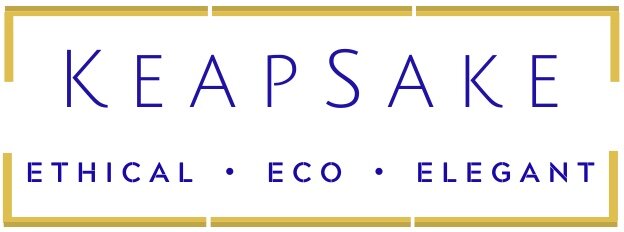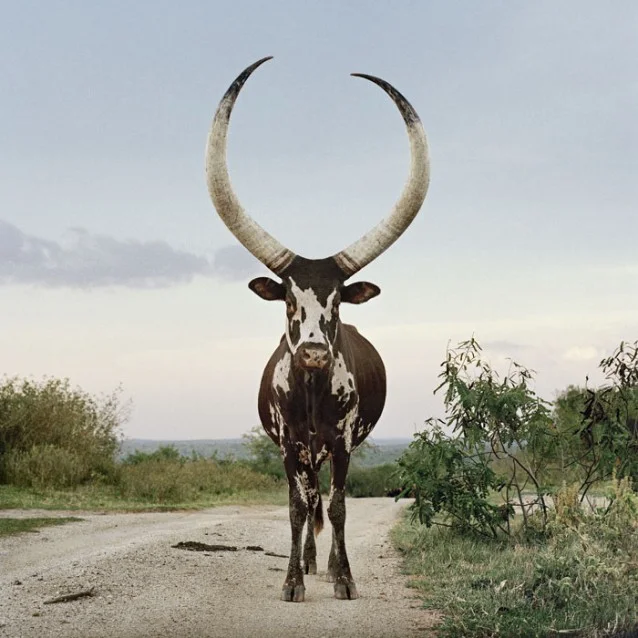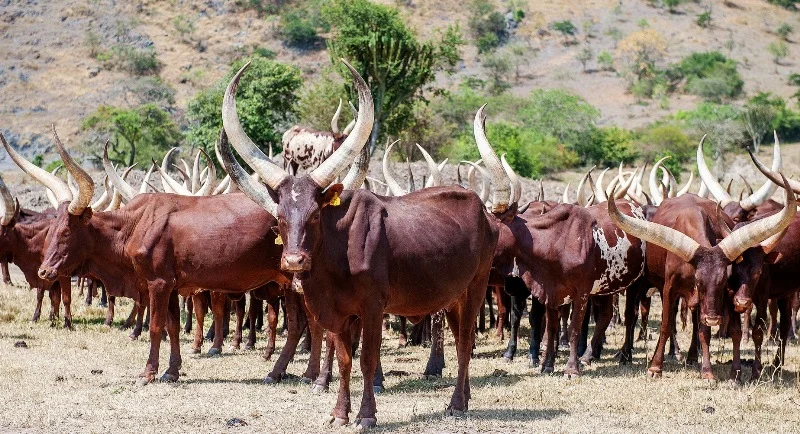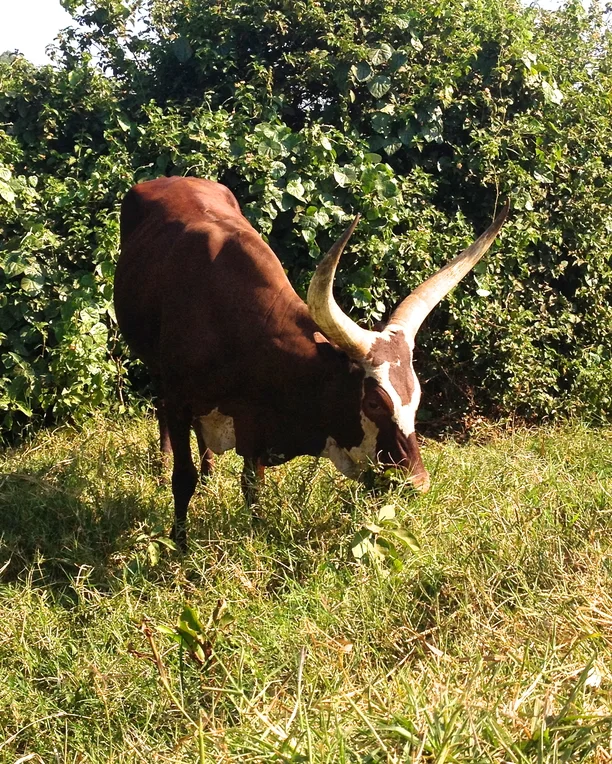A Very Modern Problem
'Beautiful Cows' Ugandan Ankole cow. Photo - Daniel Naude
A UNIQUE BREED
Our recent journey in search of the Ankole Longhorns cows native to Uganda, found us traveling the length of the country (and plodding through swampy ground) to find these ancient, and increasingly elusive creatures. Traditionally used for food, trade and as a measure of social wealth, Ankole Longhorns are one of the oldest indigenous cattle breeds of Uganda and are an integral part of their culture.
Ankole cows hold the Guinness World record for having the largest horn in the world - ranging up to 8 feet from tip to tip. They have striking, long, large-diameter horns, which assist their blood circulation and help keep them cool during hot temperatures. They are renowned for their hardiness, which allows them to forage on poor quality vegetation and live off limited amounts of water.
Sadly, Uganda is at risk of losing the valuable Ankole Longhorn species.
Traditional herd of Ankole Longhorns. Photo - Chigo Tours
THE BACKGROUND
In recent years, economics, marketing and an ever increasing human population have changed the face of agriculture to meet demand. In Uganda, since the mid-1990's, official and unofficial programmes have promoted indiscriminate cross breeding with foreign breeds, which has seen the rare Ankole breed reach the brink of extinction.
Foreign breeds such as Friesian and Holstein cows produce more milk and need less land to graze on than Ankole, but need more grass to eat. Increased human population – among other factors – has reduced the grazing land available for Bahima herders. Many have been sold off a significant portion of their Longhorn cattle and switched to grazing smaller herds of foreign and hybrid breeds. The foreign cattle also have the added bonus that they make significantly more money. In an African setting, a Holstein cow can produce 20 to 30 times more milk than an Ankole.
The impact is clear. Official estimates say there are about 3 million Ankole cattle in Uganda and smaller populations in bordering nations. An unknown - by all accounts large - percentage of them are in the process of being turned into something else. The International Livestock Research Institute predicts that if present trends continue, the Ankoles could go extinct within 50 years. If not sooner.
Holstein cow with calf, England. Photo- KeapSake
Ankole cow that has been cross-bred, Uganda. Photo - KeapSake
PEOPLE OR PLANET?
The plight of the Ankole illustrates the difficulty of balancing conflicting goals of conservation and human prosperity. An estimated 70% of the world's rural poor, some 630 million people, derive a substantial percentage of their income from livestock. Increase the productivity of these animals and the knock-on effect is improved living standards. World Bank reports claim that "GDP growth originating in agriculture is at least twice as effective reducing poverty" as other types of growth.
However, with boom there is also bust. The human population might be experiencing greater prosperity, but at the cost of biodiversity and the environment. Farmers have growing herds that consume unsustainably large amounts of dwindling resources. Foreign breeds are ill-equipped for the climate and conditions. Cross-bred cattle with a diluted gene pool of adaptive traits, fare not much better. In order to keep them healthy, an expensive mix of antibiotics, acaricides and various other chemicals are required.
In comparison, the sustainable grazing practices of the Longhorn actually increase species diversity and maintain the ecosystem structure. They keep vegetation cover, which contributes to the reduction of fires, drought and flooding. In the long term, exotic breeds have caused both great financial improvement as well as stress to relatively poor herders.
As the world's climate warms, and the environment becomes more inhospitable to the global major breeds, humanity might need the genes that allow heritage breeds like the Ankoles to flourish in the African heat. The challenge is to safeguard the resource in the face of economic forces.
At KeapSake while we understand the need for Ugandan people to have the access to a sustainable income that foreign cattle breeds provide. We also recognise that conservation of land and culture as well as maintaining biodiversity, in the face of a world food supply that is increasingly dependent on a small and narrowing list of highly engineered breeds, is just as important. For all our sakes.




